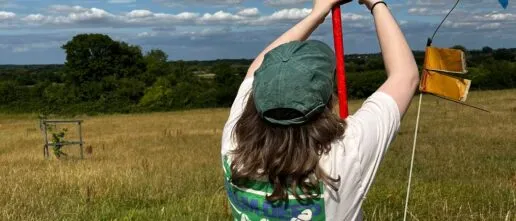About
We will develop AI algorithms to monitor, predict, simulate and contrast the baseline change in nature with the impact of interventions, including nature-based solutions and financial investments, over large areas and over long time periods and will reduce the need for costly human monitoring on the ground. We will advance state-of-the-art AI approaches to combine different sources of data, including drones, satellite, survey data, reports and social media, that are robust to a range of environmental scenarios, data noise and model reliability, providing estimates with appropriate levels of uncertainty.
A recent report, ‘Biodiversity and Artificial Intelligence. Opportunities & Recommendations for Action‘, offers actionable recommendations for how governments, NGOs, researchers and companies can use AI to support biodiversity conservation. These recommendations were developed following extensive consultation with a broad community of stakeholders.
Related Projects

Ecoacoustic Data Analytics
Advancing AI methods to determine ecosystem composition from acoustic recordings, distinguishing species, geophonic & anthropogenic sounds in soundscapes as well as flagging unusual or unanticipated sounds.

Mining the efficacy of Nature-based solutions
AI researchers are working closely with the Nature-based Solutions Initiative to mine the evidence base for the effectiveness of nature-based solutions to climate change mitigation and adaptation

Mapping nature recovery at scale
Our AI team is developing state-of-the-art AI approaches to combine different sources of data, including drones, satellite, survey data and social media, that are robust to a range of environmental scenarios, data noise and model reliability.

Ecoacoustics for assessing ecosystem health and function, from air to soil
Developing scaleable, transferable, and open approaches for ecoacoustics to assess nature recovery across global ecosystems

Robust ESG data for biodiversity
Financial institutions are increasingly aware of and interested in biodiversity- and nature- risks and opportunities, but such attempts have often been hindered by incomplete, incomparable and unreliable environment, social and governance (ESG) disclosure and scores.
Related Outputs
Biodiversity and Artificial Intelligence. Opportunities & Recommendations for Action
The report offers actionable recommendations for how governments, NGOs, researchers and companies can use AI to support biodiversity conservation. These recommendations were developed following extensive consultation with a broad community of stakeholders
Assessing the Potential of AI for Spatially Sensitive Nature-Related Financial Risks
Evaluating and assessing nature-related risks for financial institutions is challenging due to the large volume of heterogeneous data available on nature and the complexity of investment value chains and the various components' relationship to nature.
